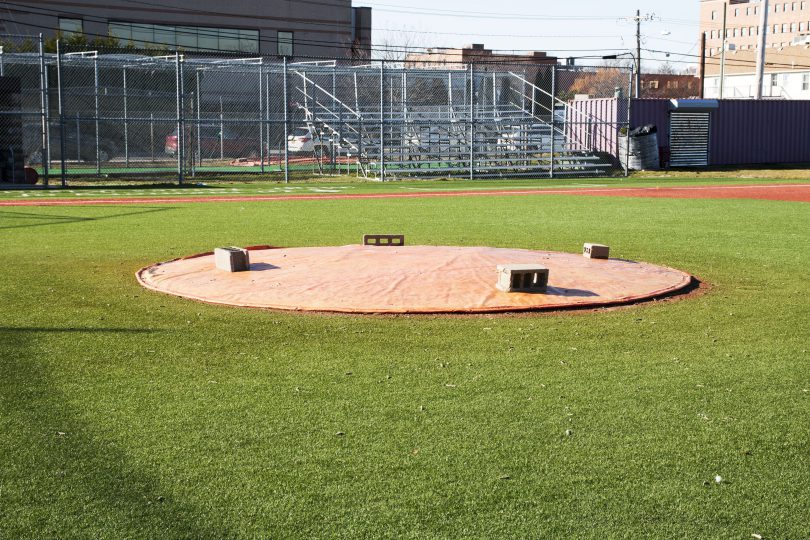This is the first in a series of updated articles that aim to sort out some of the misinformation that exists about community college baseball (also known as junior college or JUCO baseball).
There are many great reasons why a player may choose to attend a community college before transferring to a 4-year school. For example:
- Community college baseball rules allow for more practice time and games throughout the entire school year, giving players more opportunity during the fall semester to fine tune their skills during organized workouts or game play.
- Community college allows for up to two more years of physical growth and development for players who are still maturing physically and still want to test the waters and see what level they can play at.
- Community college provides undecided or uncertain students with up to two more years to research schools and find a good fit athletically and otherwise.
- Community college baseball players are eligible for the MLB draft every year and can transfer to 4-year schools of any level without penalty.
Perhaps two of the biggest reasons why players choose to play community (junior) college baseball are:
- Community colleges provide a financially viable way to get general education requirements done (with an AA degree). Community college is significantly cheaper than 4 year schools and many levels of NJCAA baseball have up to 24 scholarships to hand out.
- Community college baseball has the least strict academic entry requirements in collegiate baseball. Players have a second chance to take academics seriously and get their grades up so they can meet NCAA D1, D2, and D3 eligibility requirements and continue playing at a 4-year school.
For all of these reasons and many others, JUCO baseball provides an outstanding option for players of all different backgrounds and in various stages of physical and skill development.
It is important to note that there are community college baseball teams of various skill levels. Some community college teams can compete with top tier D1 schools and are filled with players who will get drafted, while others compete at a much lower level and provide more opportunities for developing players. Sometimes generalizations are used to describe all community (junior) college baseball experiences. But, because of the varying levels of play, generalizations don’t work and potential players may end up with a lot of misinformation. Most of this misinformation can be grouped into three main categories— academics, transfer rules, and level of play.
In our next three articles, Community College Baseball and Academics, Community College Baseball and Transfer Rules, and Community College Baseball and Level of Play, we will look at each one of these topics as they relate to JUCO baseball and some of the myths surrounding the community college game.
Here are some of the myths we’ll cover:
Myth #1: Because community college has the lowest academic requirements for entry, you can go there for a semester or a season and transfer to a bigger school.
Myth #2: You will make the team and play a lot right away if you go to a community college.
Myth #3: Community college classes will be easy and you will not have to work hard to improve your grades and do well in school.
Stay tuned!







